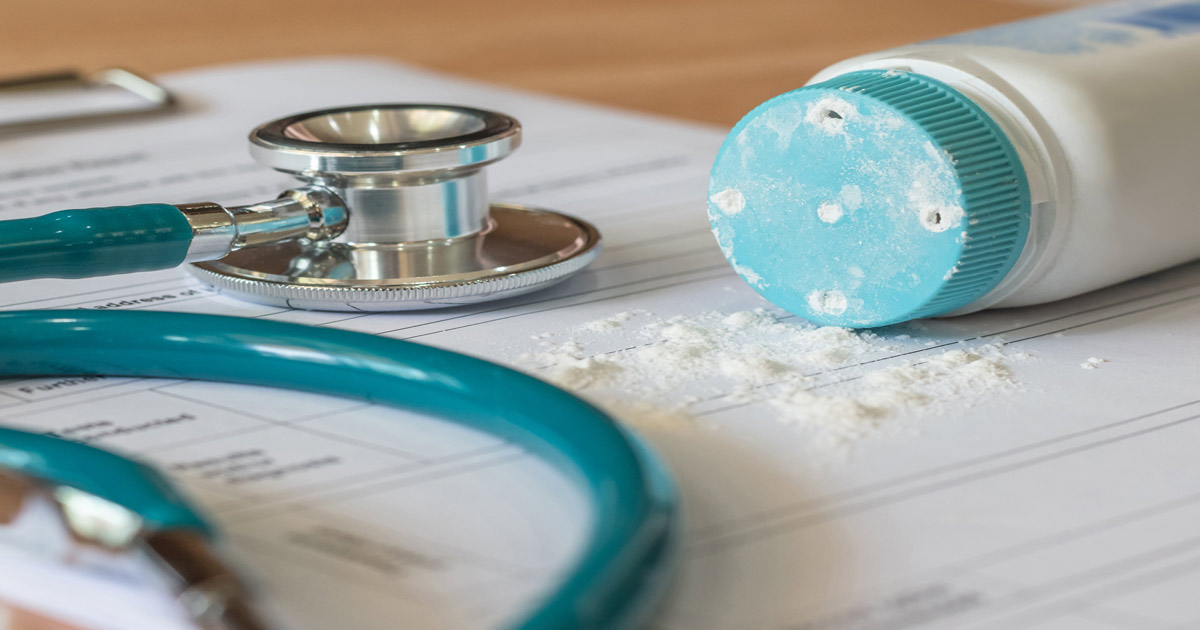In a strategy being referred to as the “Texas Two-Step,” Johnson & Johnson is asking a federal judge to temporarily halt all lawsuits related to its talc baby powder so it can negotiate a settlement under bankruptcy rules.
The personal product’s manufacturer is financially healthy, but it formed a subsidiary in Texas, LTL Management LLC, and unloaded all the talc liabilities onto the subsidiary. Then, Johnson & Johnson declared Chapter 11 bankruptcy protection last week.
Johnson & Johnson’s latest request takes advantage of rules usually reserved for failed companies that cannot pay their debts.
The company is seeking to use special rules for Chapter 11 companies that will allow it to set up a trust fund that pays all current and future asbestos claims. Plaintiffs claim that the baby powder contains asbestos which lead to the development of health problems, including ovarian cancer, after using the product.
The company is seeking to use special rules for Chapter 11 companies that will allow it to set up a trust fund that pays all current and future asbestos claims.
Victims claim the baby powder contains asbestos, an industrial substance that causes fatal lung disorder, and say they developed health problems including ovarian cancer after using the product.
It is anticipated that claimants who filed suit against the company will see low payouts. Lawyers representing talc claimants had tried to block the corporate restructuring. However, in August, a U.S. Bankruptcy Court in the District of Delaware refused to issue a restraining order against the company.
Via the Johnson & Johnson subsidiary, the filing for bankruptcy protection in the U.S. Bankruptcy Court in the Western District of North Carolina puts an immediate halt to all legal proceedings in state and federal courts. It means all the unsettled talc lawsuits will eventually go before a single bankruptcy judge.
Since LTL Management LLC will inherit all the cases, it allows Johnson & Johnson to separate the profitability of the corporation from the potential liabilities, which will be considerably smaller under bankruptcy protection. In the most recent court filing, Johnson & Johnson said it already had established a $2 billion trust. The bankruptcy court will determine the amount to be put into a trust fund going forward.
With the first talc case filed against Johnson & Johnson in 2014, there are more than 34,000 cases against the company’s talc products today.
The company has defended its products in court and won many of the cases but lost several high-profile ones. Notably, in August, a California state superior court awarded $26.5 million to a woman who blamed mesothelioma cancer on a lifetime of Johnson & Johnson baby powder use.
In 2020, Johnson & Johnson announced it would discontinue sales of its baby powder in the United States and Canada, chalking the decision up to declines in customer demand based on safety concerns.
The Philadelphia products liability lawyers at McCann Dillon Jaffe & Lamb, LLC advocate for those who have been harmed by defective products. Call 215-569-8488 or complete an online form for a free consultation. With offices in Philadelphia, Abington, and Media in Pennsylvania; Wilmington, Delaware; and Haddonfield, New Jersey, the firm serves clients throughout the region.



